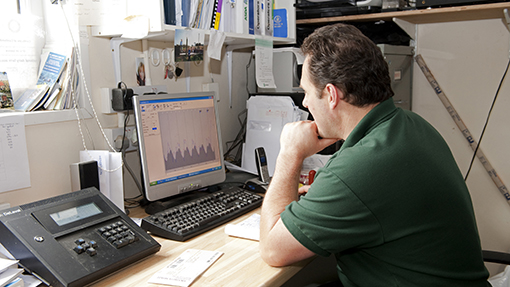Year-end tax tips for farm businesses

The tax year for individuals ends on 5 April 2014 and many businesses have a year end of 31 March or 30 April.
Peter Griffiths, tax director at accountant Hazelwoods gives his year end tax planning tips for individuals and businesses.
Peter Griffiths, tax director, Hazelwoods
See also: Top tax tips for dairy farmers
- Where machinery is being acquired shortly before the year end, ensure tax relief is obtained at the earliest opportunity. If purchased outright, with no finance, the acquisition date for tax purposes is the date that the invoice is issued. If bought with hire purchase, the acquisition date for tax purposes is the date that the asset is brought into use.
- Accruals can be made in the business accounts for all repair expenditure that will be made in the following accounting period, where it has not been possible to undertake the work before the year end.
- If it is planned to crystallise a capital loss on an asset, for example purchased milk quota, to set against a capital gain in the year ended 5 April 2015, this should be done before 5 April 2014. This will preserve the capital gains tax annual exemption if no capital losses are crystallised in the year ended 5 April 2015.
- Those planning to make pension contributions should consider doing this before 5 April 2014 to maximise the available relief, reduce the amount of income suffering higher rates of tax, or prevent child benefit being lost. The limit for pension contributions attracting tax relief falls to £40,000 from 6 April 2014 (it is currently £50,000).
- IHT annual exemptions – have you used your annual £3,000 gift exemption for Inheritance Tax? If not, this can be carried forward for one year.
- Where a farming business is operated through a limited company and shareholders have not fully utilised their 20% income tax band (up to £41,450 for the year ended 5 April 2014), dividends should be paid before 5 April 2014, up to the limit of the 20% tax band, as no income tax liability will be suffered on the additional income.
- Child benefit – remember that if either spouse has total annual income of more than £50,000, child benefit will be restricted. So, where possible, divide income equally between spouses to ensure that neither receives more than £50,000 total income.
